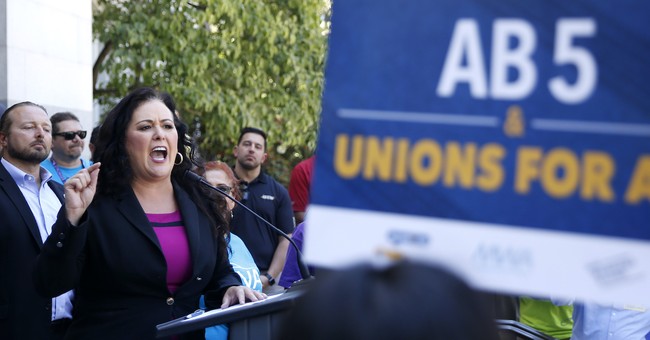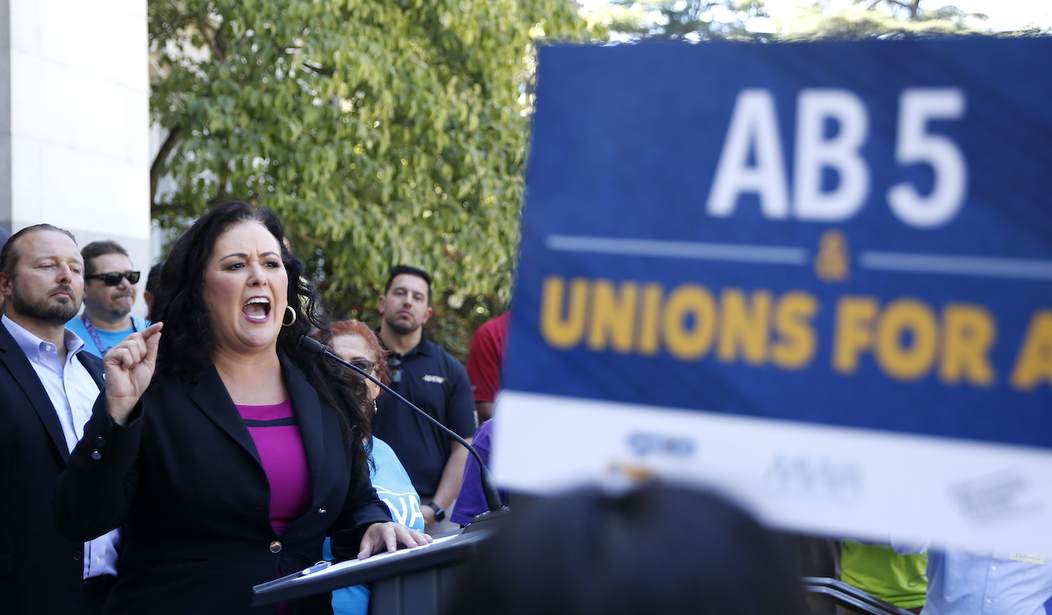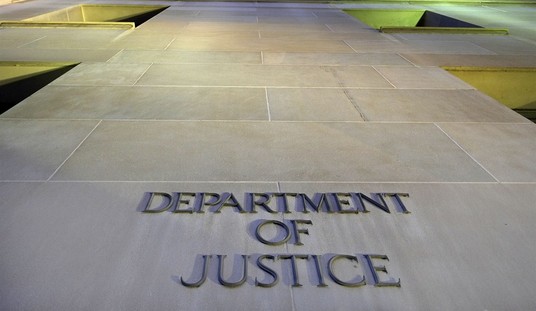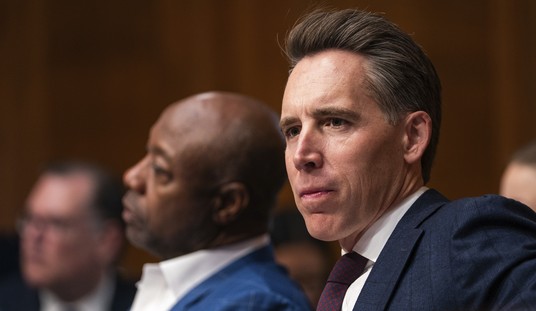
Assemblywoman Lorena Gonzalez, D-San Diego, speaks at a rally after her measure to limit when companies can label workers as independent contractors was approved by a Senate committee, in Sacramento, Calif., Wednesday, July 10, 2019. The measure, AB5, is aimed at major employers like Uber and Lyft. (AP Photo/Rich Pedroncelli)
Senate Majority Leader Mitch McConnell has cautioned restraint on a fourth coronavirus stimulus package, warning that it may be another vehicle for progressive pork from House Democrats.
“I think we need to wait a few days here, a few weeks, and see how things are working out,” McConnell said on “The Hugh Hewitt Show.”
“Let’s see how things are going and respond accordingly,” he added. “I’m not going to allow this to be an opportunity for the Democrats to achieve unrelated policy items that they would not otherwise be able to pass.”
Proving McConnell prescient, House Democrats have already told reporters that they plan to include even more of the controversial California Assembly Bill 5, or the “gig worker bill,” that passed earlier this year and that essentially turns independent contractors into employees, in the next iteration of coronavirus response legislation.
House Democrats told reporters on a conference call Monday they want to reclassify the nature of independent contractors when the next coronavirus economic relief package is negotiated.
“We intend to expand the scope of this legislation to require OSHA to protect other at-risk workers, including TSA workers, direct care workers, first responders, pharmacists, grocery store workers, and other workers at essential establishments that remain open,” Bobby Scott, chairman of the Education and Labor Committee, said.
“We’re concerned that self-employed workers, including the so-called gig economy workers who are frequently misclassified as independent contractors rather than employees, are excluded from coverage of OSHA and have few legal protections from unsafe working conditions. These workers are keeping our communities going right now. They also need to be protected,” said Scott, who represents a southern Virginia district.
As The Washington Examiner notes, the opposition to AB5 relates to “the law’s confusing language regarding who should be considered an employee [and] has led to layoffs and contract job cancellations of freelance journalists, performing artists, and production workers in the TV and movie industries.”
The last coronavirus relief package included parts of the AB5 legislation with unemployment benefits to contractors such as Uber and Lyft drivers.












Join the conversation as a VIP Member